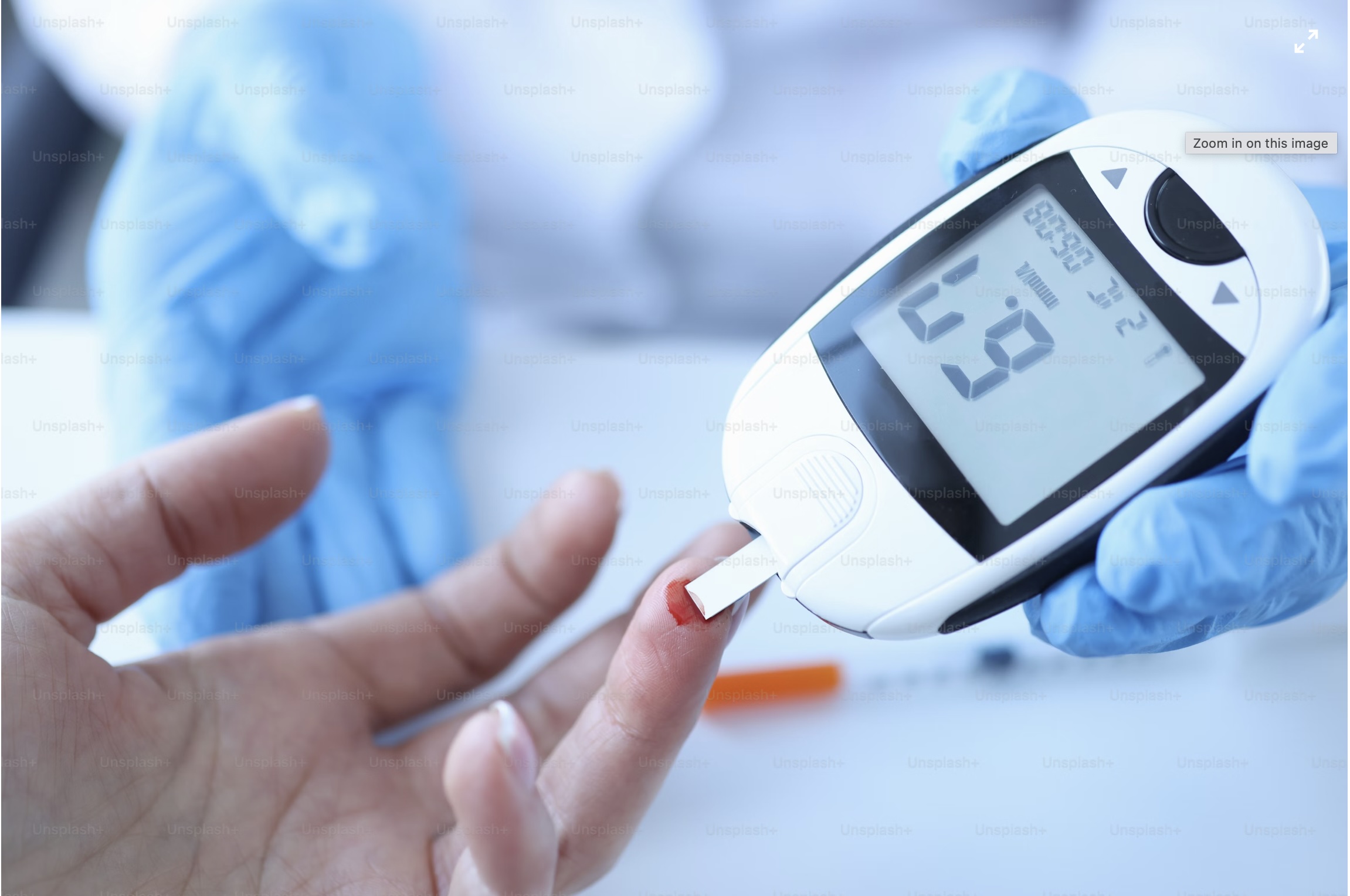Wondering about your Blood Sugar level?

Maintaining good health involves numerous considerations, one of the most crucial being monitoring blood sugar levels. While it may seem like a routine task for individuals with diabetes, the importance of checking blood sugar extends far beyond managing this condition alone. Understanding why we need to check blood sugar can empower individuals to take charge of their health proactively.
1. Early Detection and Prevention:
Regular blood sugar monitoring allows for the early detection of abnormalities in glucose levels. This is vital because high blood sugar (hyperglycemia) and low blood sugar (hypoglycemia) can both have immediate and severe consequences. By catching these fluctuations early, individuals can take prompt action to prevent complications.
2. Effective Diabetes Management:
For individuals with diabetes, checking blood sugar levels is not just beneficial but essential. It provides valuable insights into how their bodies are responding to food, physical activity, medications, and stress. By monitoring regularly, they can adjust their treatment plans accordingly, ensuring better glycemic control and reducing the risk of long-term complications such as nerve damage, kidney disease, and cardiovascular issues.
3. Personalized Healthcare:
No two bodies respond to glucose in the same way. Regular blood sugar monitoring helps healthcare providers tailor treatment plans to suit individual needs. This personalized approach maximizes the effectiveness of medications and lifestyle adjustments, leading to better overall health outcomes.
4. Lifestyle Awareness:
Blood sugar levels can be influenced by a variety of factors, including diet, exercise, stress levels, and sleep patterns. Monitoring blood sugar provides individuals with valuable feedback on how these factors impact their health. Armed with this knowledge, they can make informed decisions about their lifestyle choices to optimize their well-being.
5. Empowerment Through Knowledge:
Knowledge is power when it comes to health. By regularly checking blood sugar levels, individuals gain a deeper understanding of their bodies and how they function. This awareness fosters a proactive attitude towards health management, encouraging individuals to take ownership of their well-being and engage more actively in their healthcare journey.
6. Emergency Preparedness:
In cases of severe hypoglycemia or hyperglycemia, knowing one's blood sugar level can be life-saving. It allows individuals to take immediate action, such as consuming glucose tablets, administering insulin, or seeking medical assistance promptly. Timely intervention can prevent serious complications and even save lives.
7. Monitoring Overall Health:
Blood sugar levels can sometimes indicate underlying health issues beyond diabetes. Elevated fasting blood sugar, for instance, might signal the onset of prediabetes or metabolic syndrome. Regular monitoring can prompt individuals to seek medical advice early, enabling timely interventions to prevent these conditions from progressing.
Conclusion
In essence, checking blood sugar isn't just a task for those managing diabetes—it's a cornerstone of proactive healthcare. By monitoring blood sugar levels regularly, individuals can detect problems early, manage diabetes effectively, make informed lifestyle choices, and ensure timely interventions in emergencies. This simple yet powerful practice empowers individuals to take control of their health and enjoy a better quality of life in the long run. Whether you have diabetes or are simply health-conscious, monitoring blood sugar is a small step that can lead to significant benefits for your overall well-being.